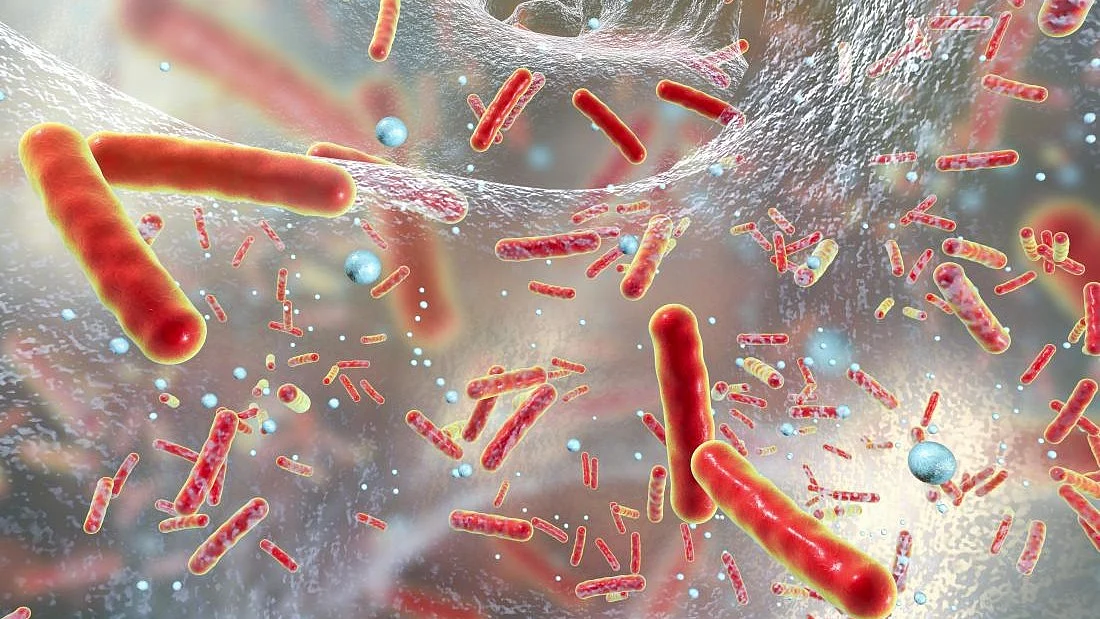WHO updates list of antibiotic-resistant bacteria, after 7 years
The Bacterial Priority Pathogens List 2024 features 15 families of antibiotic-resistant bacteria that are grouped into critical, high- and medium-priority categories

After a gap of seven years, the World Health Organization (WHO) on Friday released its updated list of antibiotic-resistant bacteria.
This helps the development of new and necessary treatments to curb the rising spread of antimicrobial resistance (AMR).
During AMR infections — proliferation of which are driven majorly by the misuse and overuse of antimicrobial drugs such as antibiotics — the infecting bacteria, viruses, fungi or other parasites no longer respond to medicines. This majorly affects the treatment of high-burden infections, such as tuberculosis, leading to severe illness and increased mortality rates.
The Bacterial Priority Pathogens List (BPPL) 2024 features 15 families of antibiotic-resistant bacteria that are grouped into critical, high and medium priority categories.
The new “list is key to guiding investment and grappling with the antibiotics pipeline and access crisis,” said Dr Yukiko Nakatani, WHO’s assistant director-general for antimicrobial resistance ad interim.
“The threat of antimicrobial resistance has intensified [since the first list was released in 2017], eroding the efficacy of numerous antibiotics and putting many of the gains of modern medicine at risk,” Dr Yukiko added.
In the BPPL 2024, the WHO has removed five pathogen–antibiotic combinations that were included in 2017 and added four new combinations.
The third-generation cephalosporin-resistant Enterobacterales are now listed as a standalone item within the critical priority category, while while the carbapenem-resistant Pseudomonas aeruginosa (CRPA) infection has moved down from critical to high priority in the BPPL 2024.
Further, the critical priority pathogens, such as gram-negative bacteria resistant to last-resort antibiotics and Mycobacterium tuberculosis resistant to the antibiotic rifampicin, continue to present major global threats due to their high burden and their ability to resist treatment and potentially spread their resistance to other bacteria, the WHO said.
The BPPL 2024 also emphasises the need for a comprehensive public health approach to addressing AMR, including universal access to quality and affordable measures for prevention, diagnosis and appropriate treatment of infections.
Follow us on: Facebook, Twitter, Google News, Instagram
Join our official telegram channel (@nationalherald) and stay updated with the latest headlines
